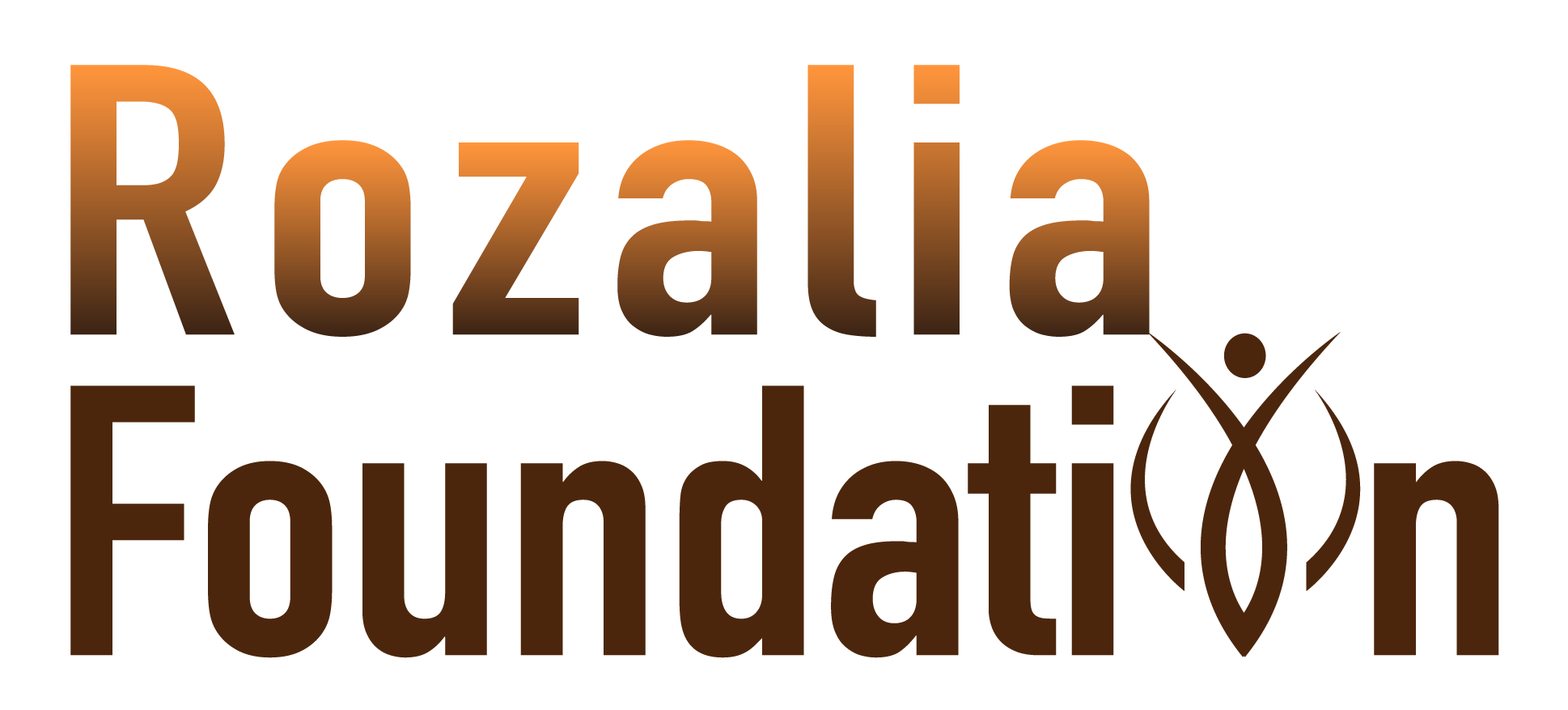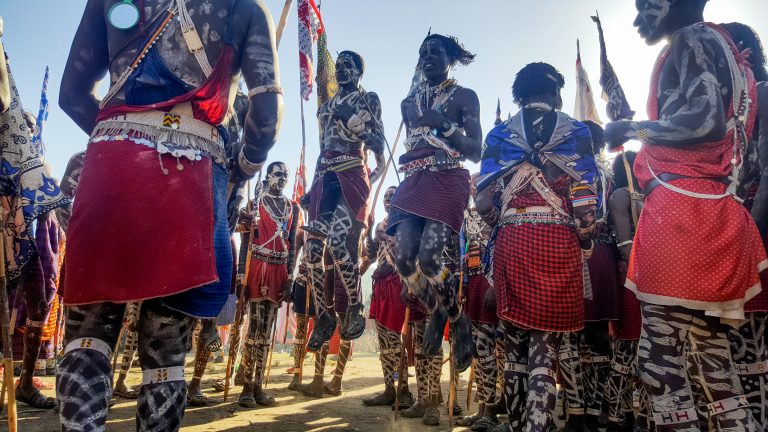Education Project – Mpe Fursa Akasome
RFO works with Maasai communities in Northern Tanzania; currently in four villages of Eastern Serengeti namely Madaiduru, Oldonyowas, Olirien and Lopolun as well as Bangata Ward in Meru District. Despite the fact that, the government of Tanzania provides free secondary school education, but majority rural communities cannot afford other severe associated expenses. We work to cover this gap by supporting beneficiaries’ girls with uniforms, all stationeries, health insurance, transport fare, mattresses, mosquitos’ nets, and other necessary supplies while also paying full school fees for girls studying in private boarding schools who often fail to get chances in government schools.
These efforts are currently supported by individual donors and Naona Maassai Tours ltd, through their program of responsible Tourism and positive impact. The project work to identify girls who are nearly to complete Primary schools and would not otherwise proceed with secondary education due to reasons mentioned above such as early pregnancies, forced marriages, Female Genital Mutilation ect. Our teams work with school staffs, local leaders at village, ward and district levels, and traditional leaders in assessing different aspects and risks associated to household economic stability, cultural norms, parents’ perspectives and willingness to send girls to schools.
RFO staffs in cooperation with local leaders submit applications after visiting the applicant’s family boma-Maasai homestead to verify that a scholarship is justified. This is after verifying circumstances required in the applications, and then after the application is submitted back to RFO for further review and action whereby the most unprivileged girls and those in risks are given first priority.
Girls are enrolled in boarding schools, where they will receive better nutrition, structured study time, and health care, and they will also be away from family and peer pressure to marry when they reach puberty. RFO keep communication with parents, girls and school staffs and village’s authority in order to ensure girls are hardly studying, healthy, and cooperating well with parents in normal economic life when they come home for school breaking often in April, June and December.
Community engagement and Scholarship provision
In every December RFO calls for community assembly in a specific day for handling scholarships to beneficiaries. This is a whole community participated events which means promoting and advocating girl’s right of education and the importance of education to Maasai community in General. The day brings together students, parents, role models and special traditional speakers and government authorities. During this day the main agenda is to address significant of education to all and identify barriers related to cultural practices, poverty and government policies which do affect schooling in Maasai Communities In this day, th community is motivated and informed on the operation on the program and their position in supporting its sustainability and success.
What we expect by Educating Maasai Girls
- An educated girl knows the risks of unprotected, casual sex and will therefore help to combat the spread of HIV and other sexually transmitted diseases. She will be better equipped to handle pregnancy and the health complications associated with bearing a child. This, in turn, will significantly improve maternal and infant health, allowing for healthier future generations.
- Education in a proper approach for Maasai girls to escape the oppressive cultural practices such as forced marriage, early pregnancies and female genital mutilation (FGM). As a result, an educated woman is less likely to inflict these practices upon her own children and would have knowledge on her rights and enjoy self freedom of choice.
- Educated Maasai girls are more likely to be involved in advocacy efforts to preserve their cultural heritage at local, national, and international levels. They can speak out against cultural appropriation, work to ensure the recognition and protection of their cultural heritage, and promote cultural exchange and understanding.
- Maasai women are responsible for gathering firewood and water, which gives them a unique perspective on the importance of protecting forests and wildlife habitats. Educating them would increase their skills, knowledge, and influence in decision making on managing, protecting ecosystems as well as enforce laws against illegal hunting and logging.
An educated Maasai girl is more likely to develop and attain self dreams on leadership and professional skills and would ensure community wellbeing in economic affairs, politics, human rights, democracy, health, education and empowerment of fellow women.



